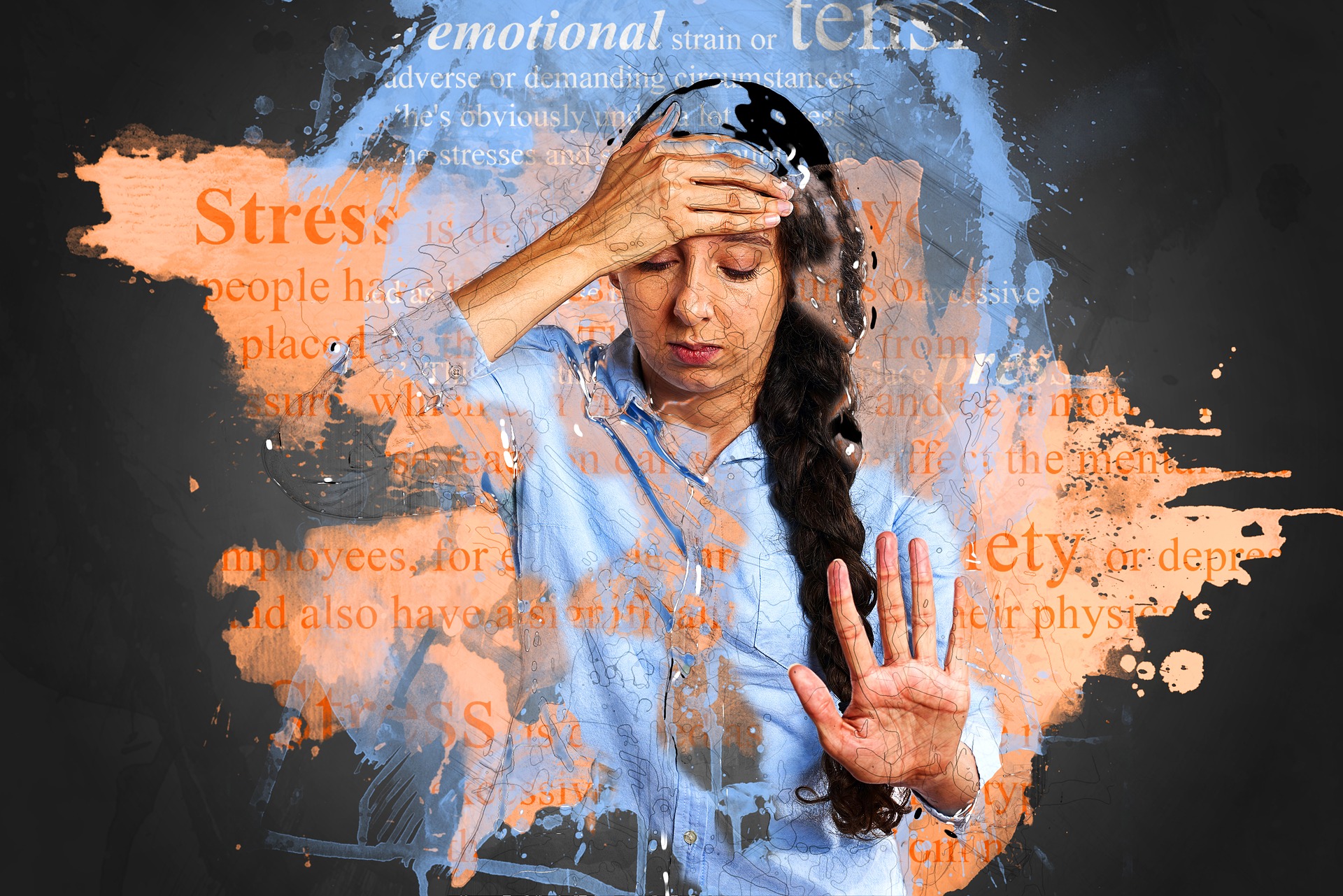
25 Oct How Stress Impacts Your Metabolism
Let’s face it, stress is part of being a human.
Stress is your body’s way of rising to the occasion and attempting to meet a challenging situation. Stress can actually be a good thing. It can help you perform under pressure, motivate you to do your best, and sharpen your concentration.
Unfortunately, many people consistently operate in “alarm” mode, where a series of repeated biological reactions to stress ultimately cause harm to their minds and bodies.
Prolonged stress creates imbalance in the body’s organs and systems – especially in metabolism.
How Cortisol Triggers Cravings & Weight Gain
Cortisol, the hormone released in stressful situations, triggers the body’s biological alarm mode. This alarm state signals that the body is under threat and suppresses non-essential functions like digestion, immune function and the reproductive system. Say hello to digestion problems, gut lining breakdown, increased risk to pathogenic bacteria and good-bye to your sex drive.
Elevated cortisol triggers the body to produce glucose for immediate energy to outrun the danger/threat and inhibits insulin production, leading to increased blood sugar levels. This mechanism can increase the risk for type 2 diabetes, weight gain and accumulation of visceral fat.
With consistently high blood sugar levels and insulin suppressed, cells are starved of glucose and are searching for energy. Hunger signals are sent to the brain, increasing appetite, cravings for sugar and slows metabolism simultaneously. And unused glucose is eventually stored as body fat.
It’s not that you don’t have willpower to fend of hunger and sugar cravings, these signals are a result of biology.
Seemingly Innocent Contributors to Stress
- not enough or poor quality sleep
- chronic dieting
- over-exercising
- not enough exercise
- fasting for too long between meals
- eating too little
- not enough variety of nutrients
- too many processed foods
- dehydration (not drinking enough water or drinking too much coffee)
- toxin/chemical exposure (think foods with pesticides, beauty care products, home cleaning products, EMF’s)
- eating foods that you’re sensitive to
- unhealthy boundaries
- too much on your plate (literally and figuratively) and/or mind
How to reduce stress
Of course, there are stressors in life that we have no control over and may not be able to change. We can, however chose to change the way we look at the stressor if we can’t change it.
I’d suggest starting with the stressors that you can control. Are there some stressors that come to mind immediately that are impacting your life? Is there any way to reduce, avoid or eliminate them?
Here are a few ways to support a more calm, peaceful and joyful life:
- add more joy to your days – do something that lights you up. (ie. dance, write, sing, create, paint, sew, hike, walk, catch a sunset, laugh, play some uplifting music, have a latte, read, have sex, volunteer)
- increase your amount of rest (ie. naps, meditation, being still, sleep)
- add more calm to your life (ie. yoga, breath work, meditation, mindfullness, being present, less screen time, read)
- infuse fun into your day (ie. laugh, play, create explore, dance, sing)
- connect with supportive loving people (ie. friends, family, groups, professionals, coaches)
- increase the amount and/or quality of sleep – aim for 8 hours in cool dark room, free of electronics
- eat balanced meals of protein, fat and complex carbohydrates regularly throughout the day
- consider supplementing with magnesium – it helps muscles relax (talk to your health care provider for optimal doses for you)
What do you do you do reduce stress? Comment below. I’d love to hear.
Image by: Pete Linforth

No Comments